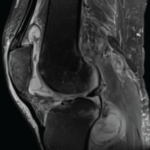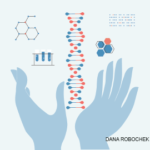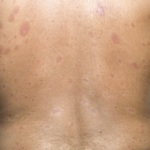ACR CONVERGENCE 2020—Sjögren’s syndrome requires care from several specialists, and presenters at the Sjögren’s Syndrome: Dental and Ocular Perspectives session shared diagnostic and treatment pearls from their respective specialties. Rebecca Manno, MD, MHS, of the Comprehensive Arthritis and Rheumatology Center of the U.S. Virgin Islands moderated the session. Oral Health Dry mouth is famously associated…









